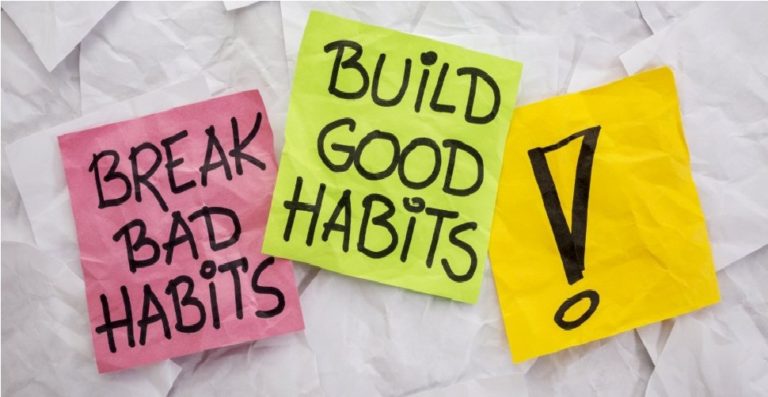
Habit is a very huge topic. In this blog we just look at it in context of Crafting Super Careers. One has to develop Good Habits for Career Success.
What is a Habit? A habit is that act in your life which you do inadvertently, which does not require conscious efforts. It happens naturally. Like someone has a habit of keeping things organized and someone has a habit of loosing even his toothbrush. It is not an overstatement if we say that Habits play biggest part in success of a person.
What is a Good & Bad Habit? Any habit which assists you in getting close to your dream career is a good habit. And any habit which reduces your chances of success at your desired career is a bad habit. Like staying up late is disastrous for a sports enthusiast while not so bad for a Club DJ.
Like everything in life, Habits are also contextual and relative. Clarity of your Career Goal & Career Plan is compulsory to decide which habits to pick/develop and which ones to leave/avoid. Though some human habits like being kind, being grateful, being courteous, being fair, etc are universal; all of us should try to develop them.
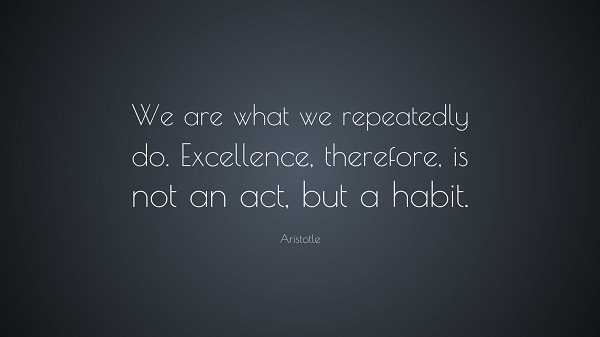

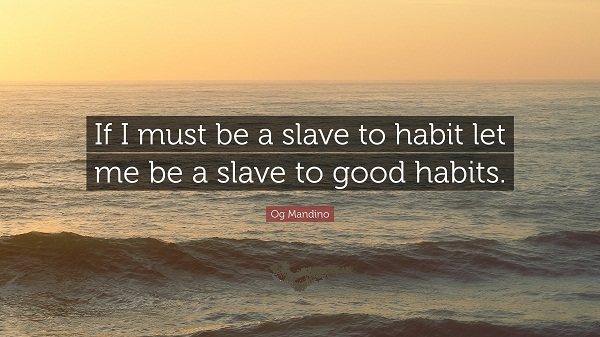
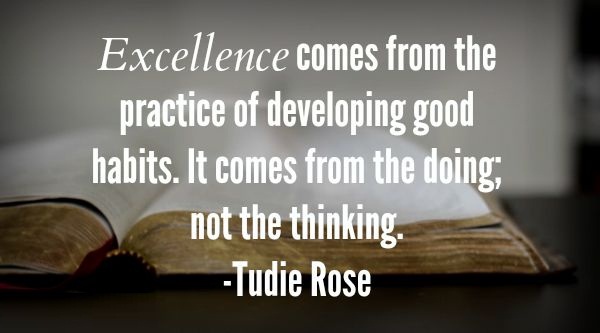
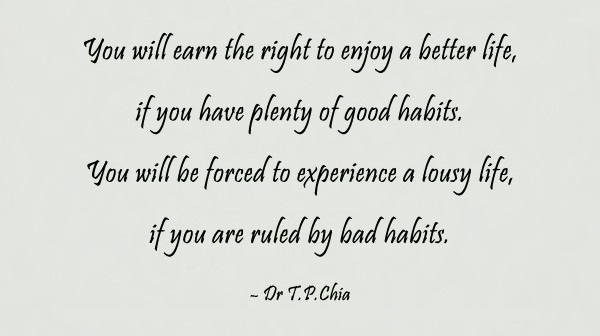
Developing and nurturing a Good Habit is an art. Many social scientists have done researches on this. There are many popular authors which would claim habit formation is a 21 to 43 days process. All of it comes from a theory proposed by Maxwell Maltz. Well, to be honest these ideas do not find any scientific basis/proof. I am sure now you have understood that developing Good Habits is essential for Career Success.
How to develop Good Habits for Career Success:
- Understand that no success would come without getting into many GOOD HABITS. Realizing the critical place they have in your Career Success.
- Identify 3 to 5 habits you have to develop. Create a ‘Habit Journal’ where you track progress.
- Find out the mental blocks working against them.
- Create plan for overcoming/bypassing those blocks.
- Create trigger# for doing the desired activity.
- Become mentally strong to not miss the trigger.
- Do a weekly review of how you are going about Habit Formation. Write your learning from the week in the ‘Habit Journal’.
I’ve been able to develop many good habits by following this simple process described above. It would take many iterations to develop a habit. You would fail numerous time to keep the commitment. But, do not lose your cool in the process of Habit Formation. Efforts put on mental conditioning are most crucial in developing any habit or bringing about any change in oneself.
#Trigger: As humans we have a typical schedule. Trigger would mean something in your existing schedule that gets associated with developing new habit. Like, create a routine where you revise maths formula with breakfast/dinner. For someone working on improving English, it could be reading 3 pages from a book before dinner.
About Author

Anurag is a Certified Career Counselor and Coach. He is an Engineer & MBA with 20+ years experience in Education Industry. All of knowledge that you find here stems from first hand experience of coaching thousands of successful students. He has been passionately working in the field of career counseling since 2019.